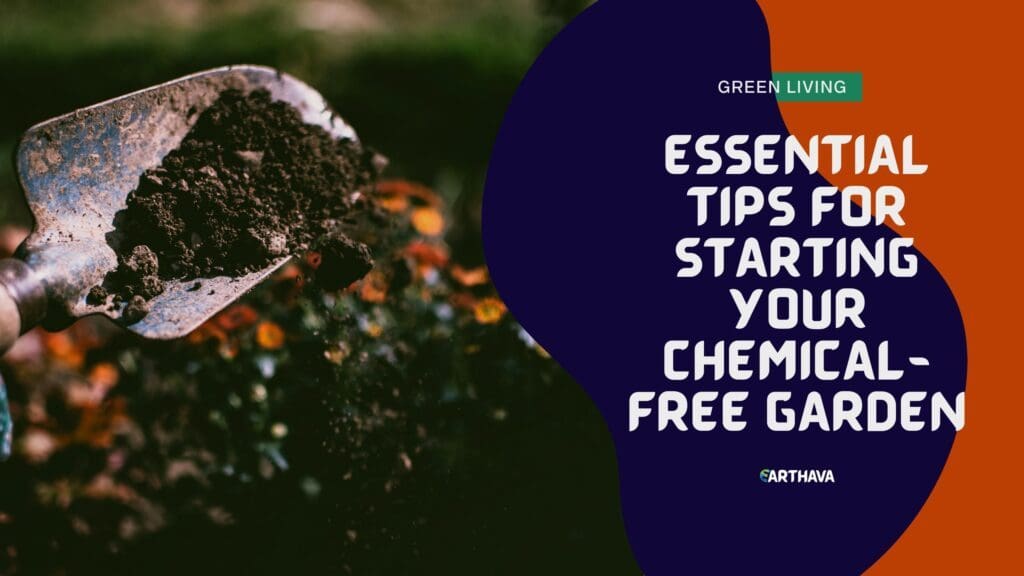You have probably realized by now that having a garden demands a lot of work. And pleasure, as well. To some people, the appearance of their first weed means that they need to do more and more to stop it from reoccurring. Many gardeners swear by some weed-eliminating products, without even thinking about how much that chemical can cause harm not only to the plant itself but to the entire ecosystem around it.

Birds and insects can also get killed by lawn pesticides and herbicides. Not to mention pets or kids that roam around the garden. Once you have decided not to use chemicals anymore, here are some tips on how to do it.
Healthy Nurture
The first step in defense against pests (and pesticides) is growing a healthy garden. Pests tend to attack weak plants, so you have to keep them strong and healthy. Starting with the soil, what you should do is make it as organic as possible. Instead of using ready-made compost, you can make it yourself. Use a compost bin to stack organic food leftovers – such as fruit and vegetables – which you would normally throw into the garbage bin. For extra care, add some grains of coffee on occasion and turn the matter at least once a week. When the compost is done, use it on your plants and this way, you can return matter to nature and manage to save some money. Organic compost and mulch will provide a healthy habitat for your plants and you will be able to enjoy their fruit. Especially if you are growing a food garden for your personal, or family use.
Call for Nature
The second step is changing what you have in the garden. If your plants are not native to the area, they may demand some more work (and pesticides). To find plants that can practically take care of themselves, it would be best if you picked disease-resistant plants that can grow in that micro-climate, without you having to interfere much. Nature sometimes deals with its fruit by itself. And this is exactly how you should continue working.
Calling for natural pollinators, such as bees and some birds, in aid to transfer pollen between female and male plant counterparts to develop fruit and seeds is very important for your crops because it is the most perfect way to naturally pollinate plants. Other allies you can invite into your garden are natural predators and pests, such as birds, ladybugs, spiders, and dragonflies, that feed on garden pests and fight them off if they get out of hand. As soon as you stop using pesticides, they will be naturally invited to your garden.
Use your hands
In the majority of cases, the lack of time to dedicate yourself to your garden is a call for pests. Instead of fighting off slugs and snails with chemicals, you can remove them with your own hands. Keeping a garden tidy will reduce the chance of the week spreading all over the place and thus inviting germs and pests. Always keep the garden free of dead leaves, especially in the autumn, because they are the perfect habitat for different kinds of diseases that can cause your garden to rot. Another thing you can make with your hands is to make a bird feeder, thus inviting birds that can eat aphids, slugs, and snails. Or, you can call for frogs if you make a small pond in the corner of your garden (Rapid Spray tank management services can help you with the water tank supply), creating a perfect miniature ecosystem that solves its problems naturally.
And finally, do not forget to use garden tools even if you do not see trouble in miles. Dig and trim whenever you can, and always find the time during the week to dedicate to your garden. Water your plants evenly and gently and always check the weather. If you water your plants before the rain you can overwater them and cause more damage than you think. And never forget to observe. See what your garden is trying to tell you and enjoy every moment spent in it as much as you can.






